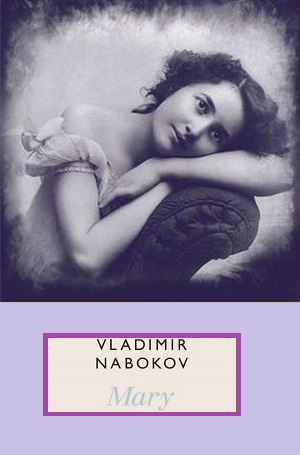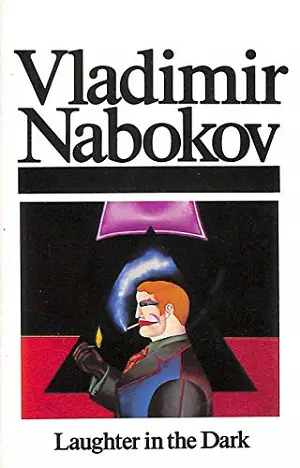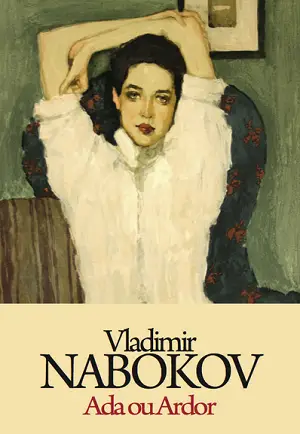Vladimir Vladimirovich Nabokov was born on April 22, 1899 in St. Petersburg, Russia. He was born into an old aristocratic family.
His father, V.D. Nabokov, was a leader of the pre-revolutionary Liberal Constitutional Democratic Party in Russia and was the author of numerous books and articles on criminal law and politics.
In 1922, in Berlin, the elder Nabokov was murdered by a reactionary right-winger; although his novelist son denied any influence of this event on his art, the theme of murder by mistake has figured prominently in Nabokov’s novels.
His first novel, Mary, appeared in 1926; it was avowedly autobiographical. Nabokov did not draw as much on his personal experience again until his episodic novel Pnin (1957).
During his years of emigration to Europe, Nabokov lived in a state of happy and continuous semi-penitence. Until his best-seller Lolita, no book he wrote in Russian or English produced more than a few hundred dollars.
When Nabokov died on July 2, 1977, in Montreux, Switzerland, he left several notes that would become his last novel, Laura’s Original.
1) Mary

Ganin, a young Russian exile, survives in interwar Berlin thanks to the most diverse jobs: waiter, door-to-door salesman, movie extra, etc.
At the same time, Ganin dreams of leaving the city and remembers his childhood and adolescence in his longed-for Russia and his early romance with Mary, a desired and idealized woman, a love lost in the past.
Mary is an early sample of Nabokov’s talent, and already contains many of the elements that make up the fascinating world of the brilliant author, as well as the admirable prose and the overflowing fabulous capacity that characterize his literary production.
2) Lolita

Lolita is Nabokov's best-known novel, first published in 1955, about the relationship between a 40-year-old adult and his 12-year-old stepdaughter.
Not without controversy, it is considered by many critics and scholars to be a masterpiece of contemporary world literature and a modern classic.
Among the events that may have influenced Nabokov in his novel is the 1948 kidnapping of Florence Sally Horner, aged 11 or 12, according to some sources, who was abducted by a middle-aged man.
3) Laughter In The Dark

Laughter in the Darkis about a middle-aged man's affection for a very young woman, which results in a mutually parasitic relationship.
Albinus is a respected and reasonably happy married art critic living in Berlin. He is attracted to 17-year-old Margot, whom he meets at the cinema where she works, and courts her mainly with money. His relationship with Margot is revealed to his wife, Elisabeth, when she deliberately sends him a letter to his residence.
Elisabeth leaves and takes their daughter, Irma, with her. Albinus then becomes even more attracted to Margot. In the end, she manipulates him into allowing her to move into his apartment, where he resided with his wife, and strives to get him to divorce her so that she can marry him and have access to his substantial fortune.
4) Ada or Ardor A Family Chronicle

Philosophy has played a very important role in the minds of ancient writers, such is the case of the author Vladimir Nabokov, who with his literary works tried to communicate his thoughts about love, playing with what can be accepted within its barriers and what is forbidden.
The present book Ada or Ardor A Family Chronicle, is a controversial work of love full of sensuality, which confronts a philosophical thought about love between two people, who believing to be cousins fall passionately in love until discovering the darkest secret, it turns out that they were not cousins but brothers.
The characters' lives take an unexpected turn when they learn this heartbreaking truth, which they will have to face from an objective and not a subjective perspective in order to do the right thing.








































